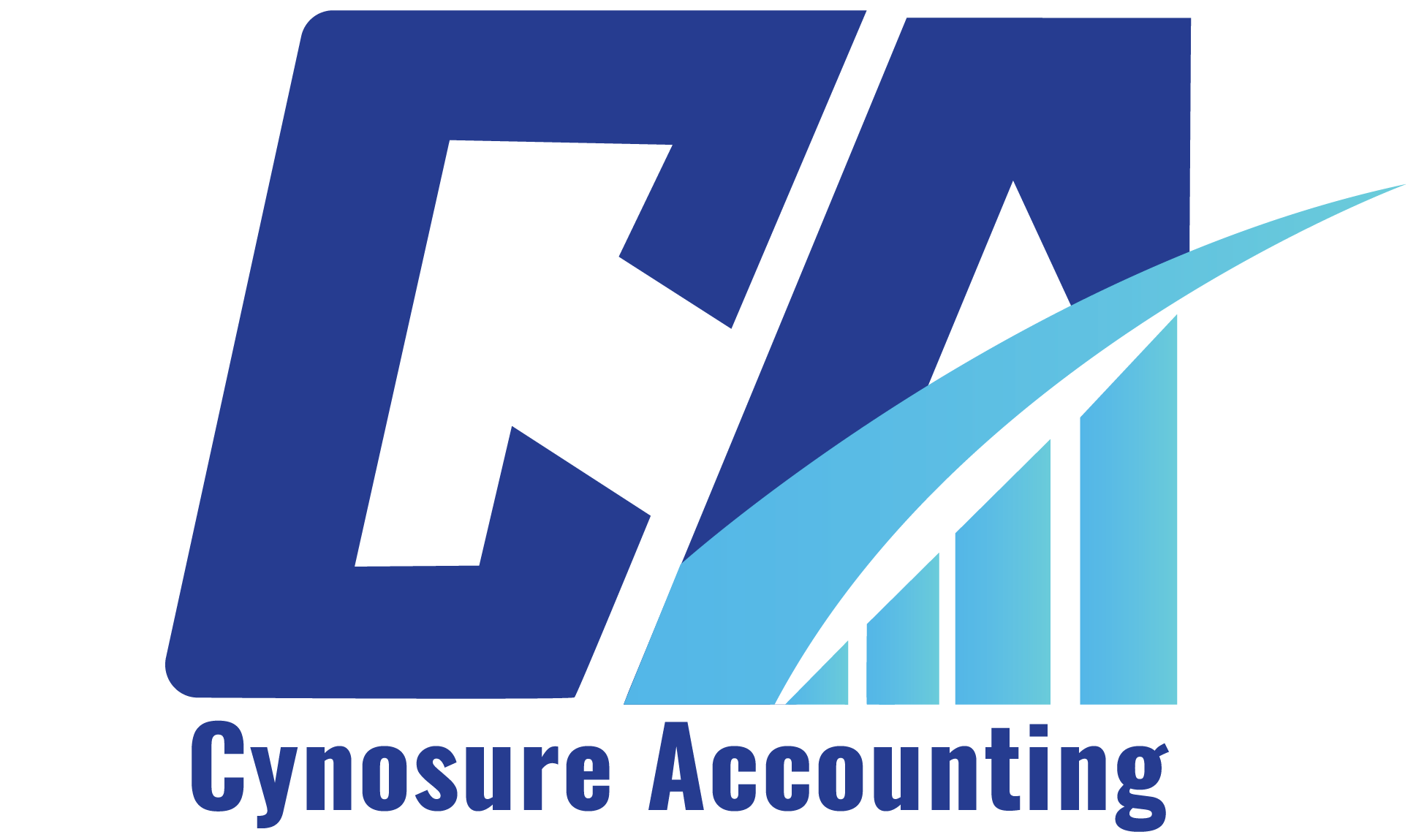Good recordkeeping is more than just staying organized. It plays a central role in how businesses manage liquidity, understand spending patterns, and plan for future needs. Clean books allow business owners and financial analysts to make clear decisions rooted in facts—not guesses. We explore how accurate accounting supports cash flow management & forecasting, and why clean records are the foundation of smarter financial strategy.
Why Clean Books Matter for Business Health
Organized Records Reflect Real Business Activity
Financial statements built on incomplete or inaccurate data create a false picture. Clean books ensure your income statement, Cash flow management & forecasting statement, and balance sheet represent the truth of your operations. This accuracy helps spot trends in accounts receivable, payables, expenses, and turnover before they become issues.
Avoiding Costly Errors
Misclassified expenditures or outdated entries can throw off calculations like net present value (NPV), internal rate of return (IRR), and investment analysis. These errors compound when used in long-term forecasting or when seeking outside financing.
Clean Books and Cash Flow Management & Forecasting
Clean books are essential for accurate cash flow management & forecasting. They ensure reliable data for predicting cash inflows and outflows, helping businesses make informed decisions and plan for the future with confidence.
What is Cash Flow Management?
Cash flow management & forecasting is the movement of money in and out of a business. It includes receivables, credit card payments, outflows, and proceeds from sales. Managing this flow means planning for shortages and avoiding unnecessary borrowing.
Without clean books, forecasting future cash needs becomes guesswork. That’s when businesses find themselves scrambling for a line of credit or delaying payments to suppliers.
The Role of Forecasting
Cash flow forecasting uses historical data to estimate upcoming cash inflows and outflows. Reliable forecasts depend on up-to-date records, not just totals but timing—when payments are due, when receivables are expected, and how long collections typically take.
A business with clean books can forecast:
- Payroll needs by department
- Inventory restocking windows
- Loan repayments and interest schedules
- Capital investments based on expected ROI
Automation and Accuracy
More companies now turn to FP&A tools and AI-based platforms to improve forecasting accuracy. But even the most advanced tools can’t correct bad input. If your spreadsheet contains errors, automation will only replicate them faster.
Clean books make automation work better. They ensure forecasting tools have reliable data to project future states accurately.
Benefits of Clean Books in Daily Operations
Smoother Payments and Fewer Surprises
Late payments often happen because cash outflows weren’t tracked properly. With updated books, you’ll always know what’s due, helping you manage accounts payable efficiently and avoid late fees or strained vendor relationships.
Faster Decision-Making
Business moves quickly. If your financials are a week behind, you’re already making decisions on old information. Clean books help owners and managers make faster, better calls—whether it’s expanding the team or negotiating new vendor terms.
Easier Outsourcing
Outsourcing your accounting or financial planning becomes simpler when your books are well-kept. External professionals—from tax advisors to valuation specialists—can jump in faster and provide better insights when they’re not bogged down cleaning up old data.
Forecasting Tools Need Clean Inputs
Spreadsheets vs. Software
Many small businesses still use spreadsheets for forecasting. While this works, it becomes difficult as the business grows and transactions increase. Spreadsheets are prone to human error and lack the safeguards built into financial planning software.
Still, regardless of the method—manual or automated—the quality of the forecast depends on the quality of the input. Garbage in, garbage out.
Real-World Impact: Missed Opportunities
One common mistake is underestimating how much cash will be needed during slow sales periods. Clean books allow businesses to create forecasts that account for seasonal dips and delays in accounts receivable, reducing surprises.
Missing a payment due to poor forecasting not only causes operational issues—it can also damage credit and impact access to funding.
Financial Analysts Rely on Clean Data
Why Financial Analysts Care
Whether you’re preparing for investment, a sale, or a new partnership, clean books allow financial analysts to assess true business value. They calculate figures like IRR, NPV, and rate of return, all of which require clean, reliable data.
Supporting Valuation and Growth
When it’s time to raise money or secure a business loan, lenders and investors look at past performance to predict future outcomes. Clean records make these evaluations faster and more favorable. Your valuation depends on it.
Clean Books Improve More Than Just Forecasting
Long-Term Planning
Clean books help you look beyond this quarter. They support multi-year planning, model cash requirements for new ventures, and identify key expenditures or underperforming segments.
Internal Reviews and Compliance
Good records support internal audits, flag tax deductions, and keep the business ready for external reviews. If you’re ever audited or plan to sell, clean books save significant time and reduce legal exposure.
Clean books aren’t just a bookkeeping habit—they’re a strategic asset. They improve how businesses manage cash, create forecasts, avoid risk, and prepare for growth. Whether you’re a small business owner managing a spreadsheet or a CFO running an AI-based forecasting platform, clean data is your most valuable tool. If you’re serious about cash flow management & forecasting, start with your books. Everything else depends on them.

